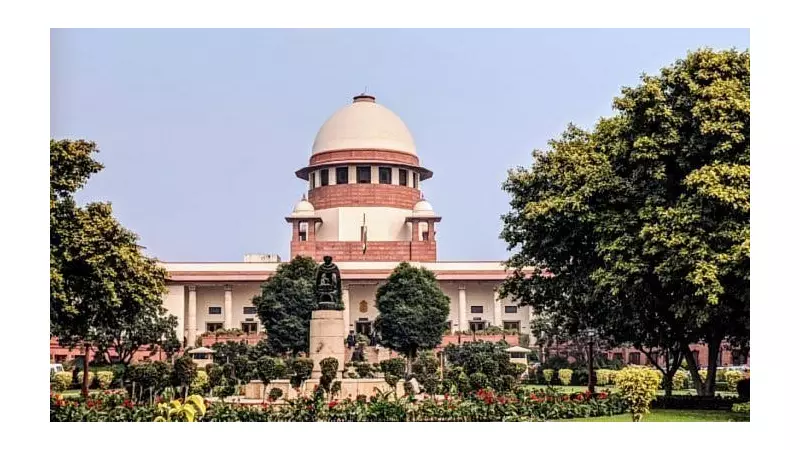
In a development that could reshape India's healthcare landscape, the Supreme Court has taken a significant step toward resolving the long-standing debate over service condition parity between MBBS and AYUSH practitioners. The apex court has recognized the constitutional magnitude of this issue, referring it to a larger bench for definitive resolution.
The Core Conflict: Equal Work, Equal Pay?
The legal battle centers around whether doctors from Ayurveda, Yoga, Naturopathy, Unani, Siddha, and Homeopathy (AYUSH) streams should receive service conditions and remuneration equivalent to their MBBS counterparts when performing similar duties. This question strikes at the heart of India's integrated healthcare system and has far-reaching implications for medical professionals across different streams.
Constitutional Dimensions Emerge
The Supreme Court bench, comprising Justices Hima Kohli and Ahsanuddin Amanullah, identified substantial constitutional questions that demand authoritative interpretation. The court emphasized that this isn't merely an administrative matter but touches upon fundamental principles that require examination by a larger constitutional bench.
The judicial recognition of this case's significance underscores its potential to set precedents affecting millions of medical professionals and patients nationwide.
Legal Proceedings and Key Observations
During recent hearings, the court addressed petitions challenging a Delhi High Court judgment that had previously ruled on the matter. The Supreme Court's decision to escalate this to a larger bench indicates the complexity and importance of the legal questions involved.
The bench made several crucial observations:
- The issue extends beyond simple service conditions to fundamental questions of medical practice
- Constitutional interpretation is necessary to resolve the competing claims
- A definitive ruling from a larger bench will provide clarity for future cases
- The decision could impact healthcare delivery across India's diverse medical systems
Broader Implications for Indian Healthcare
This case arrives at a critical juncture in India's healthcare evolution, where traditional and modern medicine systems are increasingly integrated. The Supreme Court's eventual ruling could:
- Define the scope of practice for different medical streams
- Establish clear parameters for service conditions and remuneration
- Influence medical education policies and career choices
- Shape the future of integrated medicine in India
The court's careful approach reflects the sensitive balance between recognizing different medical qualifications while ensuring patient safety and professional equity.
What Comes Next?
With the matter now headed to a larger constitutional bench, the medical community awaits what could become a landmark judgment in Indian healthcare jurisprudence. The decision will not only affect current practitioners but could also influence future generations of medical students choosing between different streams of medicine.
The Supreme Court's recognition of this case's constitutional significance marks a pivotal moment in the ongoing dialogue about integration, recognition, and equity in India's diverse medical landscape.





